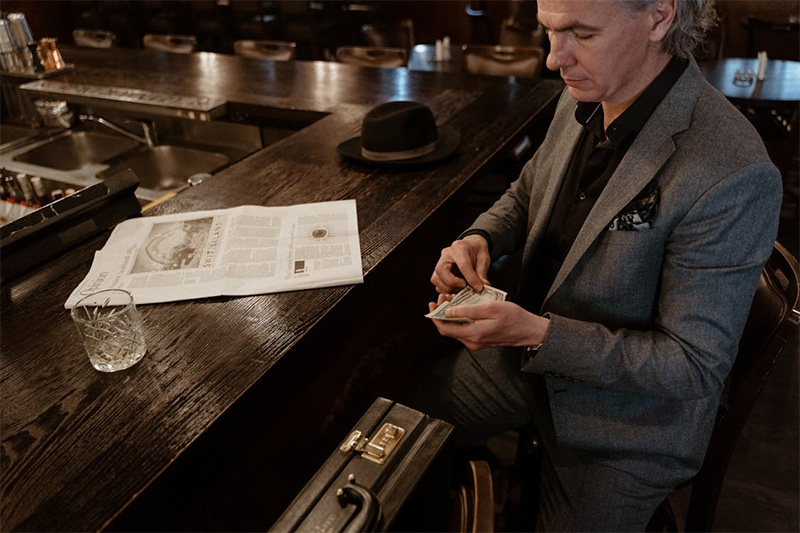The Most Important Financial Habits to Start in Your 20s
Life in one’s twenties barrels forward, loud and chaotic. Here comes responsibility—rent checks, student loans, the mysterious dance of credit scores—none of it waits for permission. Choices made now, though easily disguised as trivial, plant seeds that either bloom or fester decades later. Ignore this at your own peril. History brims with cautionary tales: a high-flying twenty-something crashes into debt by thirty-five; another retires early after some simple but consistent moves. What sets them apart? It isn’t luck, not really. Habits form the backbone of financial success, and starting early is less an advantage than a requirement these days.
Track Every Dollar
Before anyone dabbles in grand plans or risky investments, there’s an unavoidable first step: tracking every cent that flows in or out. Without discipline here, even talking about budgets is just noise. Surprise—this isn’t boring bookkeeping; it’s a wake-up call to reality. Expense-tracking apps and old-school notebooks work equally well if used honestly. It’s astonishing how quickly small purchases snowball. The evidence stacks up: people who track their spending spot trouble before it turns into disaster. They don’t have to guess where the money went—it’s right there in black-and-white clarity.
Attack Debt Aggressively
Debt doesn’t forgive laziness or delay, especially when credit cards enter the scene with their predatory interest rates smiling behind polite offers of “rewards.” Waiting for debts to shrink magically? False hope is expensive. Targeting high-interest balances first—the so-called avalanche method—builds momentum fast and trims years off repayment schedules. Student loans may look eternal; they aren’t if one attacks them each month with stubborn regularity and any spare dollar found in those tracked expenses above. Some try juggling minimum payments across everything—bad idea unless enjoying endless monthly statements is a hobby.
Pay Yourself First
People love spending what’s left over each month—and often nothing remains for later dreams or emergencies. Flip this upside down; set aside savings before touching anything else, even if it’s just a modest chunk at first. This move transforms saving from wishful thinking into routine action no different than paying rent or utilities. Automation works wonders here—a direct deposit into separate savings removes temptation before it starts whispering its familiar tune (“Just this once”). Over time? That habit builds cushions against disaster and lays groundwork for future freedom instead of anxiety.
Start Investing Early
Staring at investing advice at age 22 feels absurd to many—a problem for future versions of themselves, surely—but waiting cripples progress more than any market downturn ever could. Compound interest doesn’t care about intentions; only time works magic with money set aside now rather than ten years later. Even tiny contributions to workplace retirement accounts unlock free matching dollars from employers—forfeiting that is burning paychecks on purpose! Stocks look intimidating until routine replaces fear with knowledge…and eventually curiosity kicks in as accounts grow almost invisibly year after year.
Strong financial habits don’t demand brilliance—they reward consistency and honesty far more than genius hunches or lucky breaks ever will. Ignore trends promising shortcuts; they rarely survive contact with reality anyway. Instead, concrete daily decisions lay the path forward: stay aware of income versus costs, destroy debts without mercy, shield dreams by making saving automatic, and be bold enough to invest even when starting small feels pointless at first glance. Stack these moves together for ten years straight—the difference between anxiety and opportunity becomes obvious every single day after that.
Photo Attribution:
1st & featured image by https://www.pexels.com/photo/a-man-in-gray-suit-jacket-holding-money-9566099/
2nd image by https://www.pexels.com/photo/a-person-saving-money-in-the-glass-jar-7680465/


